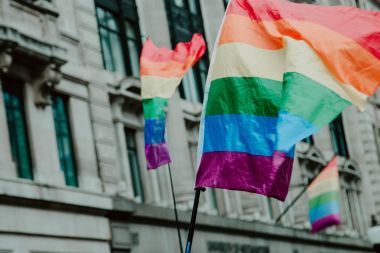Conversion therapy ban not a high priority for most voters

Banning so-called 'conversion therapy' is not a high priority for most voters, according to a survey commissioned by The Christian Institute.
The poll asked 2,091 UK voters to rank their top five policy priorities for the next 12 months from a list of 23 possible options.
The results showed that concerns about the NHS, inflation and the economy far outweighed banning conversion therapy.
Only 4% of voters said that banning conversion therapy was a policy priority for them. The majority want the government to focus on reducing NHS wait lists (68%), tackling inflation (49%), and growing the economy (44%).
These were followed by concerns about reducing illegal migration (33%) and energy security (29%).
Even among 18 to 24-year-olds, only one in 10 (9%) saw conversion therapy as a top five priority.
Simon Calvert, a Deputy Director at The Christian Institute, "This is a significant poll. It involves over two thousand voters, showing which policy areas the public think are important.
"Despite years of campaigning by activists, the public are not at all convinced of the need for an expansive conversion therapy ban.
Both Labour and the Conservatives have promised to introduce a ban on conversion therapy but The Christian Institute fears that the government is being pressured to follow the model of Victoria, in Australia, where a conversion therapy ban makes it illegal not to affirm someone's gender identity and criminalises prayers that "ask for a person to not act on their attractions" or "talk about a person's brokenness or need to repent".
Mr Calvert warned that Christian freedoms in the UK will face the same fate if a Victoria-style ban is introduced.
"The fact is that gay and trans people are already fully protected against verbal and physical abuse. There is no need for a new law," he said.
"But, as we've shown, the kind of ban being called for would allow bureaucrats to tell Christians how to pray. It would effectively make 'misgendering' an offence. And it would criminalise parents who try to prevent their children being prescribed puberty blockers."
"Voters want the government to concentrate on the big issues, like sorting out NHS waiting lists and tackling inflation, not this oppressive woke nonsense."











